
Chancellor Rishi Sunak has vowed to “protect the jobs and livelihoods of the British people” as the UK emerges from the coronavirus crisis.
He broadened leave until September – however he additionally declared designs to expand the assessment on huge organization benefits from 2023, in his Budget discourse. Public Insurance and VAT rates won’t go up, yet more individuals will be driven into the top annual duty section. Mr Sunak said he would do “whatever it takes” to help individuals and business. Yet, Labor pioneer Sir Keir Starmer said it was a Budget which “covers up the faults,” with no arrangement to remake the “broke” economy.The economy will ricochet back faster than recently suspected, with lower joblessness and higher development, as per the Office for Budget Responsibility guard dog. However, Mr Sunak cautioned that fixing the drawn out harm “will require some investment”. Regardless of the £280bn of help previously dedicated to securing the economy the harm done by Covid has been “intense,” he told MPs. “Our economy has contracted by 10% – the biggest fall in more than 300 years. Our acquiring is the most elevated it has been outside of wartime. “It will take this nation – and the entire world – quite a while to recuperate from this unprecedented financial circumstance. Be that as it may, we will recuperate.” He set out measures pointed toward making occupations and keeping organizations from going under as crisis uphold is removed throughout the next few months. He stretched out the vacation plan to September, settling up to 80% of individuals’ wages – and reported that 600,000 more independently employed individuals will get qualified for government help, as admittance to awards is broadened. He likewise expanded the £20 seven days top-up to general credit for a half year.
Different measures include:
- An expansion the breaking point on contactless installments from £45 to £100
- The area of eight “free ports” in England, with “less expensive traditions – with ideal taxes, VAT or obligations”
- £5bn to help High Street firms return
- The arrival of 95% home loans supported by the public authority plan to help first-time purchasers
- £408m for historical centers, theaters and displays in England to assist them with resuming when Covid limitations ease
- £150m to help networks assume control over bars at risk for shutting
- £300m summer sports recuperation bundle
All liquor obligations will be frozen, which Mr Sunak said would help bars and eateries recuperate, and there will be no expansion in fuel obligation. The decreased 5% VAT for the friendliness and the travel industry area will be reached out for a half year to 30 September, and won’t get back to the full standard pace of 20% until April one year from now. The chancellor likewise started the way toward adjusting the UK’s books. The feature pace of enterprise assessment will go up from 19% to 25% in 2023, with an exception for more modest organizations. This will at last raise £17bn every year, as per Treasury estimates. Furthermore, a stop on annual assessment limits is set to raise £7bn per year. Mr Sunak likewise reported that 750 common assistance occupations at the Treasury will be moved to Darling ton, in the north-east of England, as a feature of the public authority’s arrangement to move dynamic out of London. The Budget comes when organizations are enduring, while public funds have been harmed by long periods of Covid limitations and lock downs. Official figures show the UK economy shrunk by 9.9% a year ago and joblessness rose to 5.1% in the three months to December – the most exceedingly awful rate since 2015. With its assessment takings down and its spending up, the public authority is required to acquire £394bn during the current monetary year – the most elevated figure found in peacetime. The past Budget occurred on 11 March a year ago – a similar date as the World Health Organization declared coronavirus to be a global pandemic.

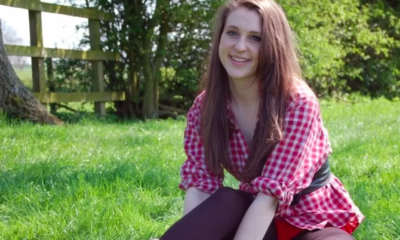
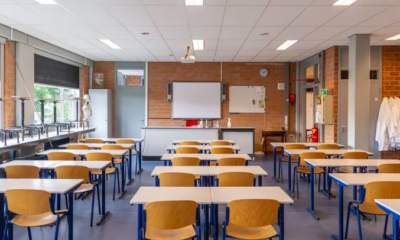
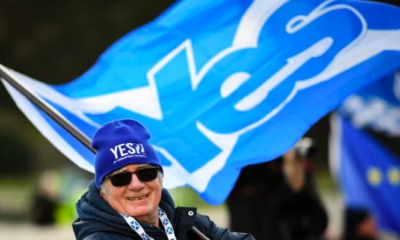

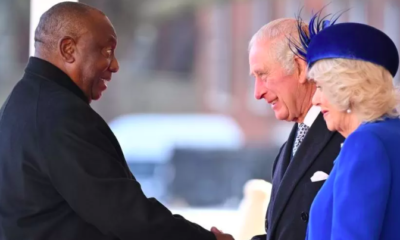

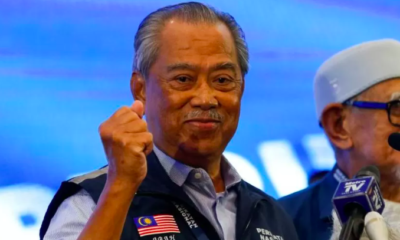
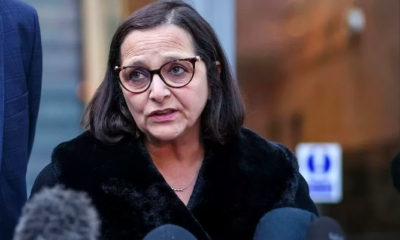
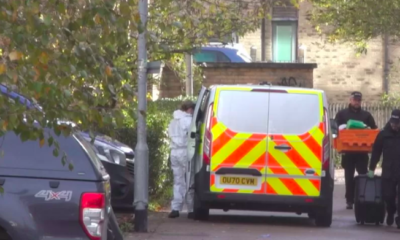



























































































































































































































































































































































































































































































































































































































































































































RSS